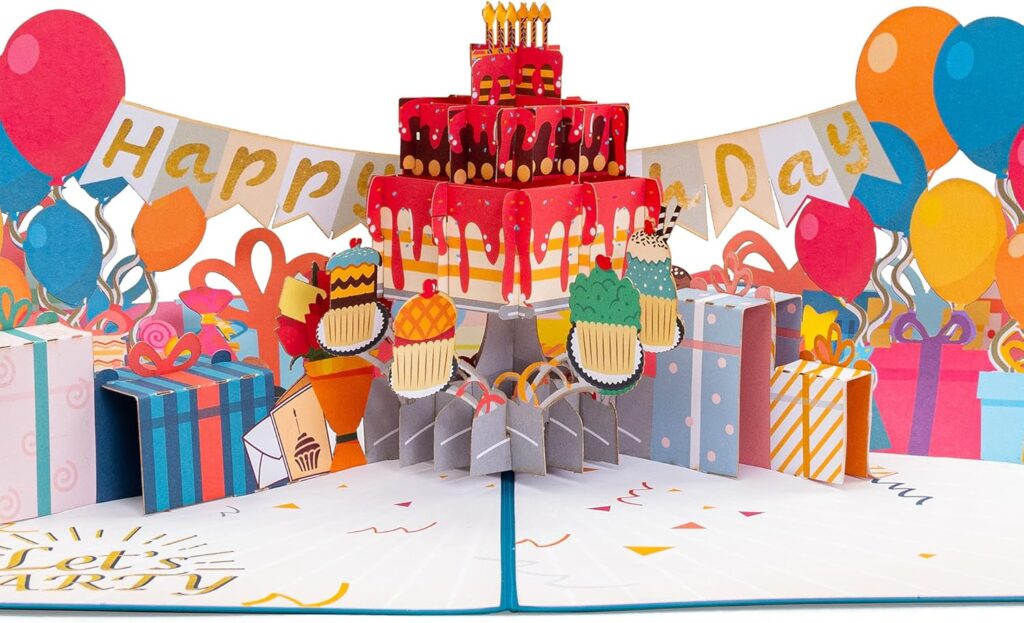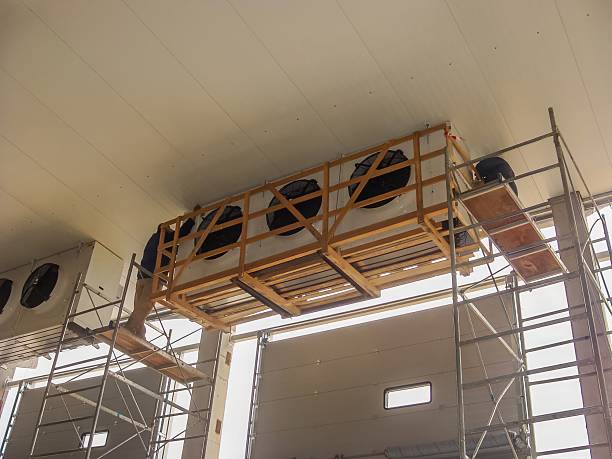Getting some hands-on computer science experience is definitely a smart move— it’s like upgrading your mental hardware and software at the same time. Well, you’ve got a few cool options.
Summer internships are a classic choice — they’re like the avocado toast of the tech world, popular for a reason. You get to dip your toes into real-world projects, network with pros, and maybe even score some free swag.
But hey, don’t feel like you have to wait for summer or graduation. There’s a whole buffet of opportunities out there:
- Open source projects: It’s like joining a global coding potluck. You contribute what you can, learn from others, and build your GitHub portfolio.
- Hackathons: Think of them as coding marathons with pizza. Great for team skills and rapid prototyping.
- Part-time gigs or freelancing: Could be anything from building websites for local businesses to debugging your aunt’s ancient PC.
- Personal projects: Like that app idea you’ve been sitting on. It’s your chance to be the CEO, CTO, and coffee runner all at once.
The cool thing is, you can start right away. It’s not like you need a licence to code, right? The earlier you start, the more experience you’ll rack up.
Year 12 Computer Science work Experience
Computer science work experience for Year 12 students is like a sneak peek into the industry. It’s usually shorter and more structured than what we talked about above. Think of it as a taster menu rather than a full-course meal.
These programs are typically designed to give you a flavour of different areas in computer science. You might spend a week or two shadowing professionals, trying out mini-projects, or even attending workshops. It’s like a backstage pass to the tech world concert.
Some companies offer specialised programs for high school students. Tech giants like Google, Microsoft, and IBM sometimes run summer camps or workshops. Local tech firms might have shadowing opportunities too.
Universities can be goldmines for this stuff. Many have summer schools or outreach programs where you can play with cool tech and learn from researchers. It’s like being in a candy store, but instead of sweets, you’ve got AI, VR, robotics — the works!
Practice Duration
These Year 12 experiences are usually pretty short — often just a week or two. But hey, it’s quality over quantity, right? You can pack a lot of learning into a short time when you’re in the right environment.
The key is to keep your eyes peeled for opportunities. Follow tech companies on social media, check out university websites, ask your teachers. Sometimes the coolest experiences are hiding in plain sight.
Though, it’s not just about the fancy tech. It’s about problem-solving, creativity, and teamwork. Those skills? They’re like the source code of your career — fundamental and powerful.
Practice Menu
Who proposes these practices? It’s usually a team effort. Your school might have partnerships with local tech companies or universities. Sometimes, big tech firms have their own programs for high school students.
Your school’s career advisor or computer science teacher would be a great person to chat with about this. They’re usually in the loop about what’s available.
Year 12 computer science work practice is like a buffet of tech goodness. Let’s dish out some of the tasty options you might get to sample:
- AI? Absolutely! You could be training a simple chatbot or playing around with machine learning algorithms. It’s like teaching a computer to think — pretty mind-bending stuff.
- Cybersecurity? You bet! Imagine being a digital detective, learning how to spot vulnerabilities or even staging mock hacking attempts (ethically, of course). It’s like being a spy, but with more computers and less martinis.
- Game development? Oh yeah! You might get to design levels, create characters, or even code simple game mechanics. It’s basically playing games for school credit – how cool is that?
But wait, there’s more! You could dive into:
- Web development: Crafting websites that look slick and work smooth.
- Mobile app creation: Building the next big thing for smartphones.
- Data analysis: Crunching numbers to uncover hidden patterns.
- Robotics: Making machines move and groove to your commands.
Your teachers and career advisors are often in the loop too, so once again — they’re great people to chat with about this.
Universities love getting involved in these programs. It’s their chance to show off their fancy labs and get you hyped about potentially studying with them later.
The best part? You don’t have to pick just one. Many programs let you taste-test different areas. It’s like a tech smorgasbord!
Zoom In on AI
Picture this: You’re at a week-long AI workshop. Day one, you’re training a simple image recognition model. You feed it hundreds of pictures of cats and dogs, and by the end of the day, it can tell the difference between Fluffy and Fido. It’s like teaching a computer to see!
As the week goes on, you might tackle a chatbot project. You’re crafting responses, fine-tuning its ‘personality’, maybe even giving it a sense of humor. By Friday, you’ve got a digital buddy that can chat about the weather or recommend movies.
Now, why AI? Well, it’s kinda everywhere these days. From your phone’s face recognition to Netflix recommendations, AI’s got its digital fingers in all the pies. And it’s only gonna get bigger.
Think about it — in a few years, we might have AI helping doctors diagnose diseases, or designing more efficient cities, or even writing the next blockbuster movie script. It’s like being at the forefront of a tech revolution.
Plus, AI skills are super transferable. You learn about data analysis, problem-solving, even a bit of psychology. It’s like a mental workout that bulks up your brain for all sorts of tech challenges.
AI needs diverse minds. We need people who think differently, who bring fresh perspectives. That could be you! Your unique way of seeing the world could be the key to the next big AI breakthrough.
Plus, the job market? It’s hot. Like, ghost pepper hot. Companies are scrambling for AI talent.
But here’s the kicker — AI isn’t just about the tech. It’s about ethics, creativity, and understanding how humans think. You’re not just coding, you’re shaping the future. Pretty heavy stuff, right?





